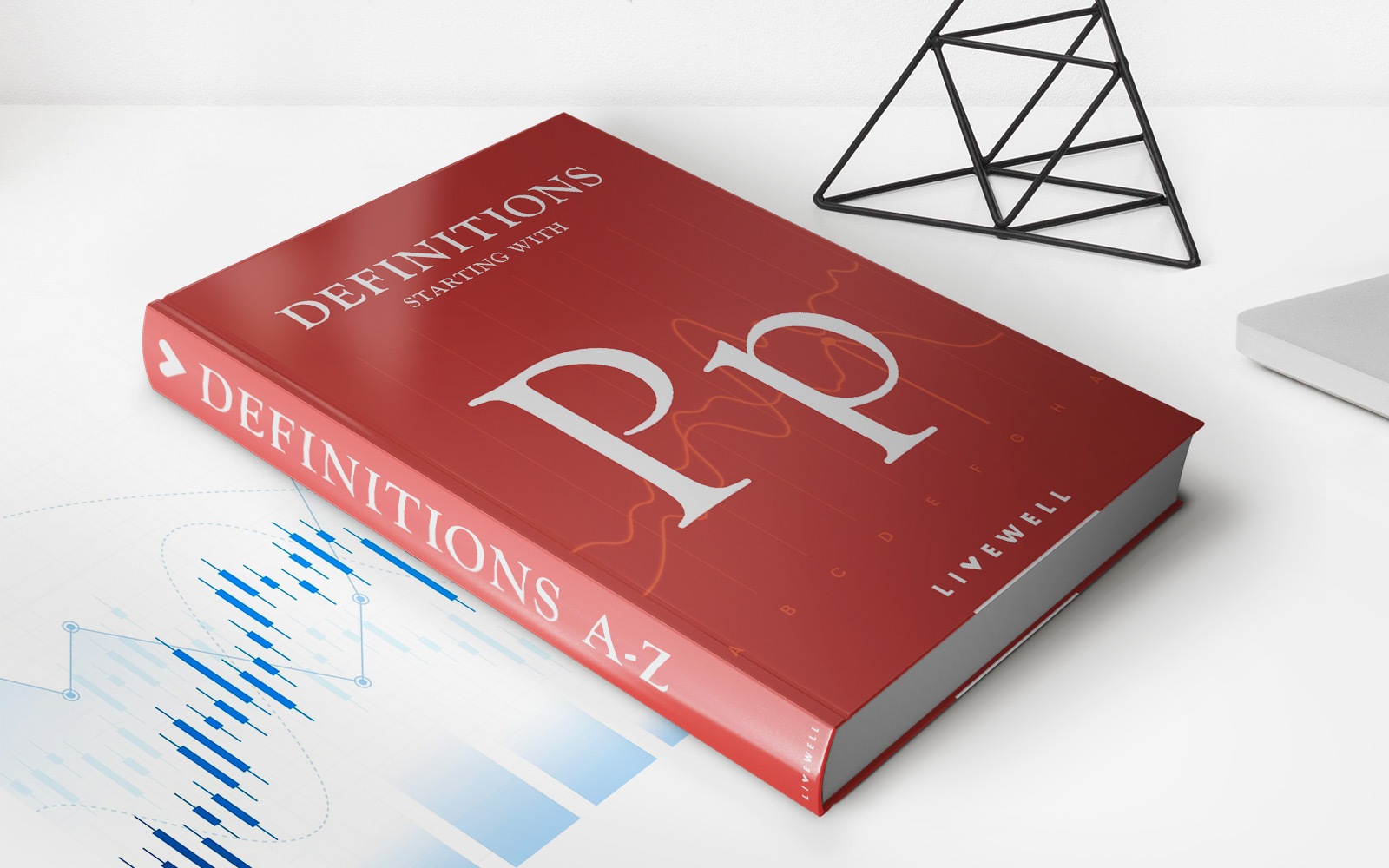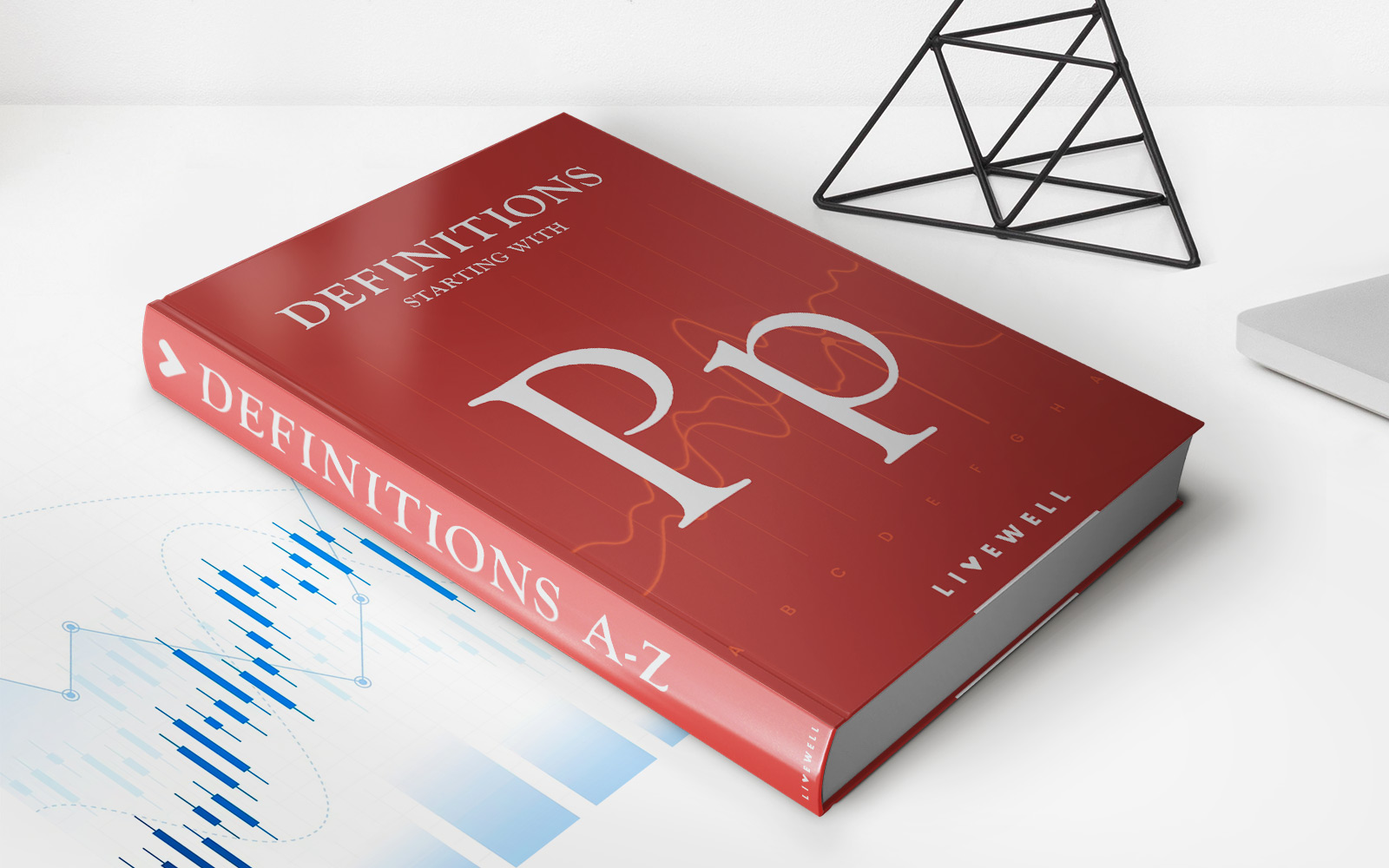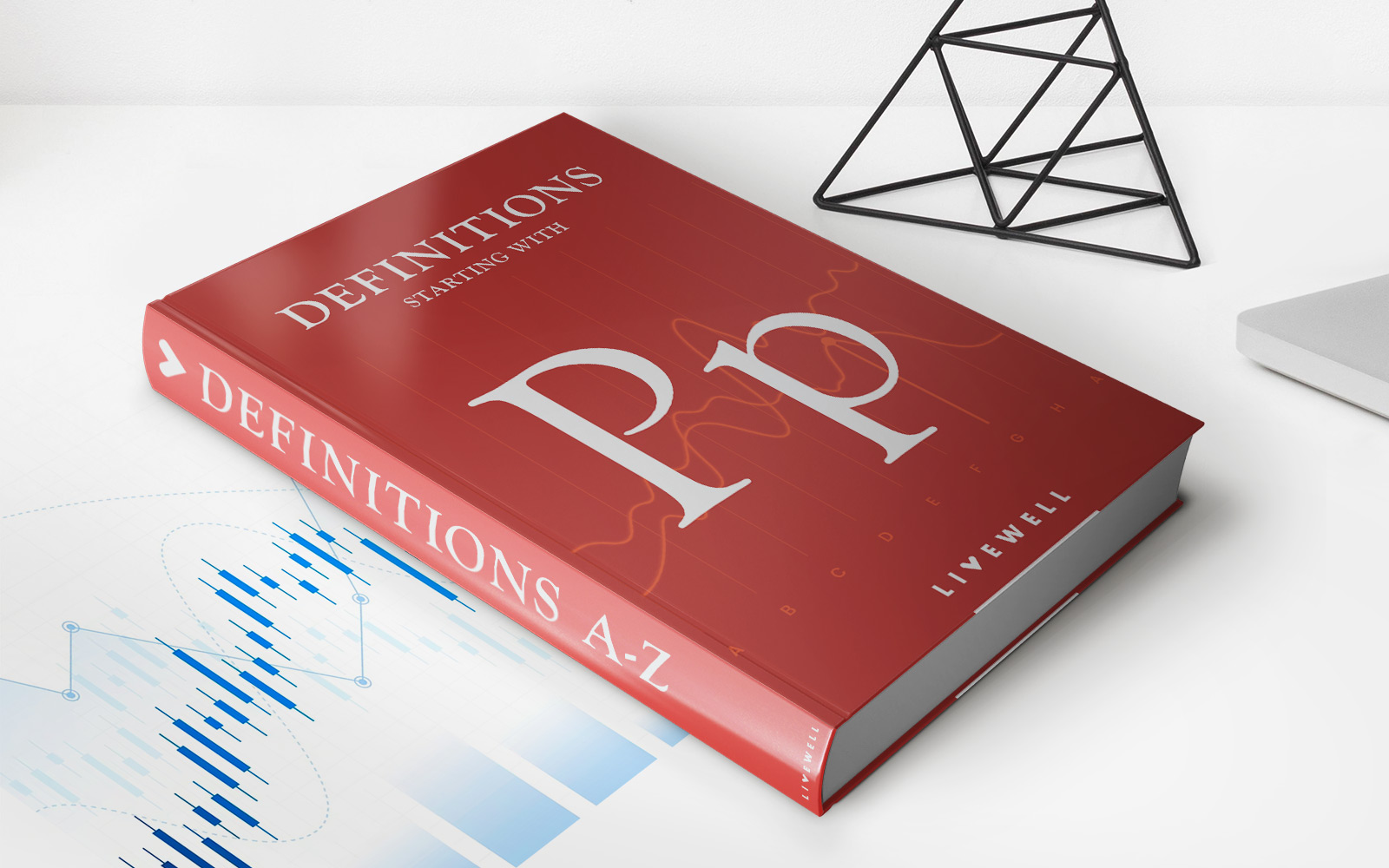Home>Finance>Permission Marketing: Definition, Example, Advantages


Finance
Permission Marketing: Definition, Example, Advantages
Published: January 7, 2024
Learn how permission marketing works in the finance industry with this comprehensive guide. Discover examples and the key advantages of this strategy.
(Many of the links in this article redirect to a specific reviewed product. Your purchase of these products through affiliate links helps to generate commission for LiveWell, at no extra cost. Learn more)
Permission Marketing: Definition, Example, Advantages
Welcome to our FINANCE blog category, where we dive deep into various aspects of personal finance, investment strategies, and money management. In this blog post, we will explore the concept of permission marketing. What is permission marketing, how does it work, and what are its advantages? We’ll answer all these questions and more, so keep reading to become well-versed in this powerful marketing approach.
What is Permission Marketing?
Permission marketing, coined by marketing guru Seth Godin, is a strategy that focuses on obtaining consent from consumers before sending them promotional messages or advertisements. It involves building a relationship with customers based on trust and credibility, as opposed to interruptive forms of marketing commonly associated with cold calls or unsolicited emails.
Permission marketing involves customers actively granting permission to receive marketing communications from a brand or organization. This may occur through various channels, such as email subscriptions, opt-in forms on websites, or sign-ups for newsletters. By obtaining explicit permission, marketers can send targeted and personalized messages to individuals who have already expressed interest in their offerings.
Key Takeaways:
- Permission marketing focuses on obtaining consent from customers before sending them promotional messages.
- It involves building a relationship with customers based on trust and credibility.
Example of Permission Marketing
An excellent example of permission marketing in action is the popular ecommerce company, Amazon. When customers create an account on Amazon and make a purchase, they are given options to subscribe to personalized product recommendations, discounts, and updates via email. By actively opting in, customers grant permission for Amazon to send them marketing communications. As a result, Amazon can deliver tailored offers and relevant content to enhance their shopping experience, increasing customer engagement and loyalty.
Advantages of Permission Marketing
Permission marketing offers several advantages for both marketers and consumers:
- Targeted and Relevant Communication: By obtaining permission, marketers can send personalized messages to individuals who have expressed interest in their products or services. This ensures that the communication is relevant and valuable, increasing the likelihood of conversion and customer satisfaction.
- Improved Customer Loyalty: When customers grant permission to receive marketing messages, they are indicating a willingness to engage with the brand. This voluntary act creates a sense of loyalty and trust, leading to stronger customer relationships and repeat business.
- Cost Efficiency: Permission marketing can be more cost-effective compared to traditional marketing methods. By targeting individuals already interested in a particular product or service, marketers can optimize their resources, reduce waste, and achieve higher return on investment (ROI).
- Enhanced Brand Reputation: By respecting customer consent and preferences, brands that employ permission marketing demonstrate a commitment to ethical marketing practices. This can boost the brand’s reputation and foster positive word-of-mouth, attracting new customers and improving overall brand perception.
In conclusion, permission marketing is a powerful approach that allows marketers to build strong customer relationships based on trust, relevance, and personalized communication. By obtaining explicit consent from customers, brands can deliver targeted messages, enhance loyalty, and maximize marketing effectiveness. Embracing permission marketing can lead to long-term growth and success in today’s competitive business landscape.














